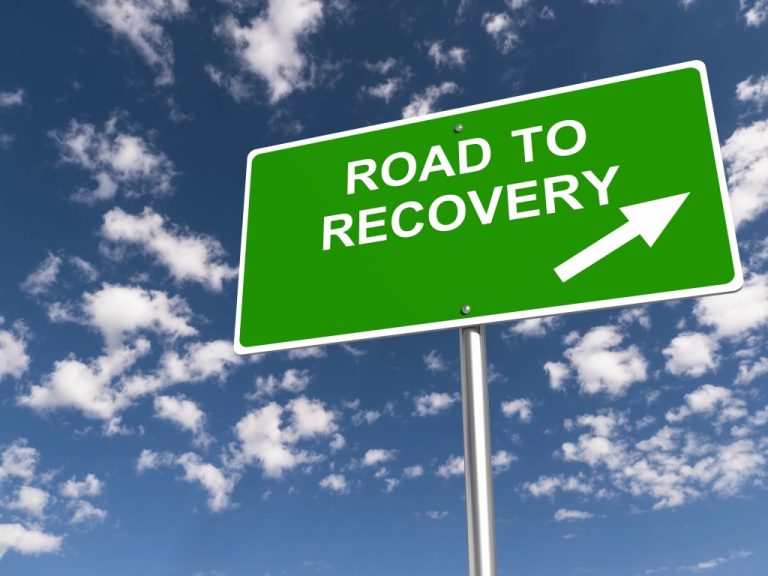Removing the drug does not instill understanding of the underlying causes of the addiction. Nor does it repair damage done, provide needed psychological and behavioral skills, or furnish a goal in life, something necessary for creating feelings of reward that the substance formerly provided. Nor does http://www.alyrics.ru/r/rehab/ it solve the problem that made use of a psychoactive substance so attractive in the first place. What must follow “detox” is treatment aimed at rebuilding a person and a life. That process can take months or years, and many types of help and supportive resources can be accessed all along the way.
Products & Services
- Sober living houses typically require residents to be engaged in academic or work activity for most of the day and, often, some type of therapy.
- These may help the recovering individual meet others with the same addictive disorder which often boosts motivation and reduces feelings of isolation.
- Health care contacts included past-year health care use in emergency, inpatient, or outpatient settings.
- While AA and NA may be best known, an internet search for “recovery support groups near me” may give you additional choices.
If you think you have a SUD, consider reaching out to a trusted healthcare professional for an evaluation and to discuss your treatment options. Before going through treatment for cessation, the drug may have been a top priority in your life. Much of your time may have been spent thinking about the drug, seeking it out, using, and recovering. The CBT aspect of the program helps people increase their awareness of substance-using habits and recognize situations that may not be safe.
Does Insurance Cover Alcohol and Drug Addiction Treatment?
Explore Mayo Clinic studies testing new treatments, interventions and tests as a means to prevent, detect, treat or manage this condition. The self-help support group message http://comass.ru/preparaty/894–.html is that addiction is an ongoing disorder with a danger of relapse. Self-help support groups can decrease the sense of shame and isolation that can lead to relapse.

What Are the Types of Treatment Programs?

• Empowerment—finding the wherewithal to cope with recovery and the challenges of life, which breeds a sense of self-efficacy. The prospect of change engages people in an inner dialogue about hope, disappointment, and accountability. Saying a mantra, substituting thoughts of recovery goals, praying, reading something recovery-related, reaching out to someone supportive—all are useful tactics. Cravings https://www.azerilove.net/articles/245/1/love-sayings-ana-quotes diminish and disappear in time unless attention is focused on them. Negotiating with oneself for a delay of use, which doesn’t deny the possibility of future use, and then getting busy with something else, capitalizes on the knowledge that cravings dissipate in about 15 minutes. This can create an unhealthy drive to seek more pleasure from the substance or activity and less from healthier activities.
Steps for Overcoming Drug Addiction
- For example, a person withdrawing from alcohol can experience tremors (involuntary rhythmic shaking), dehydration, and increased heart rate and blood pressure.
- Relapse is common and experts see it as an opportunity for learning about and overcoming impediments to change.
- Conclusions and Relevance In this cross-sectional study, MOUD uptake was low among people who could have benefited from treatment, especially adolescents and older adults.
- Two Palm Beach Post staff writers have won awards from the Florida Society of News Editors for sports reporting and for an investigative project about addiction treatment centers published in 2023.
- Long-term exposure leads to changes in brain function, and the person is no longer in control.